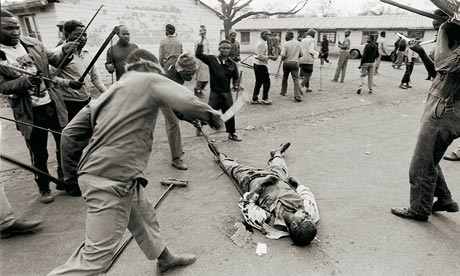A little shout out for a very cool event that I have the honour of being a part of!


I will be joining His Holiness the Dalai Lama on Day 1 of the conference at 9.45am in a forum named How do we grow a good person?
Firstly, I would love to hear your thoughts on the topic - how do you think we grow a good person?
Also, just because I am so excited about the event, I thought I would share some of these details with you - and hopefully see you there!
***
Featuring special guest His Holiness the Dalai Lama, Young Minds 2013 is an exciting forum exploring the vital issues facing our youth today. Be engaged and motivated by a summit of 40+ leading thinkers.
15% DISCOUNT FOR MY READERS! Given I am presenting, my contacts are entitled to a 15% discount off the full conference fees. Register online using promotion code PJFS or call (02) 8719 5118 and mention my name. Save up to $565 off the full gold pass fee!
50% DISCOUNT FOR YOUNG PEOPLE UNDER 21!
***
HIGHLIGHTS INCLUDE:
- Spend a full morning session with one of the world’s most revered spiritual leaders, His Holiness the Dalai Lama. Explore how to grow a good person with leading educators and childhood advocates including Reggio Children visionary Carla Rinaldi.
- Hear an insightful exploration of the impact of mindsets on learning and achievement with motivation expert Carol Dweck, and discover how to encourage our children’s natural curiosity with pioneering researcher Todd Kashdan.
- Acclaimed parenting expert Wendy Mogel explains why a skinned knee is a blessing in disguise, and leading Slow Movement proponent Carl Honoré asks whether we’re micromanaging our children.
- Explore the challenges facing teachers, parents and young people in achieving “digital wisdom” with tech savvy educator Marc Prensky, and Australia’s most popular blogger Mia Freedman.
- Be inspired by Young Australian of the Year Marita Cheng who built a global organisation supporting technical education for girls and myself =).
- Be moved and uplifted by the courage and determination shown by champion Paralympic swimmer Matthew Cowdrey and by mental health advocate Bronte O’Brien.
- Be entertained by humourist and well-known media personality Gretel Killeen as she explores how to be your true, imperfect self and by spoken word poet Bravo Child.
40+ SPEAKERS 1000+ DELEGATES
www.youngminds.org.au




 of the intense Formula 1 competition – not on the track, but at the meeting room tables, where every man (just like on the track) is looking after their own interests. Contemporary F1 politics at its finest…presented in black, white and red for your viewing pleasure.
of the intense Formula 1 competition – not on the track, but at the meeting room tables, where every man (just like on the track) is looking after their own interests. Contemporary F1 politics at its finest…presented in black, white and red for your viewing pleasure.








